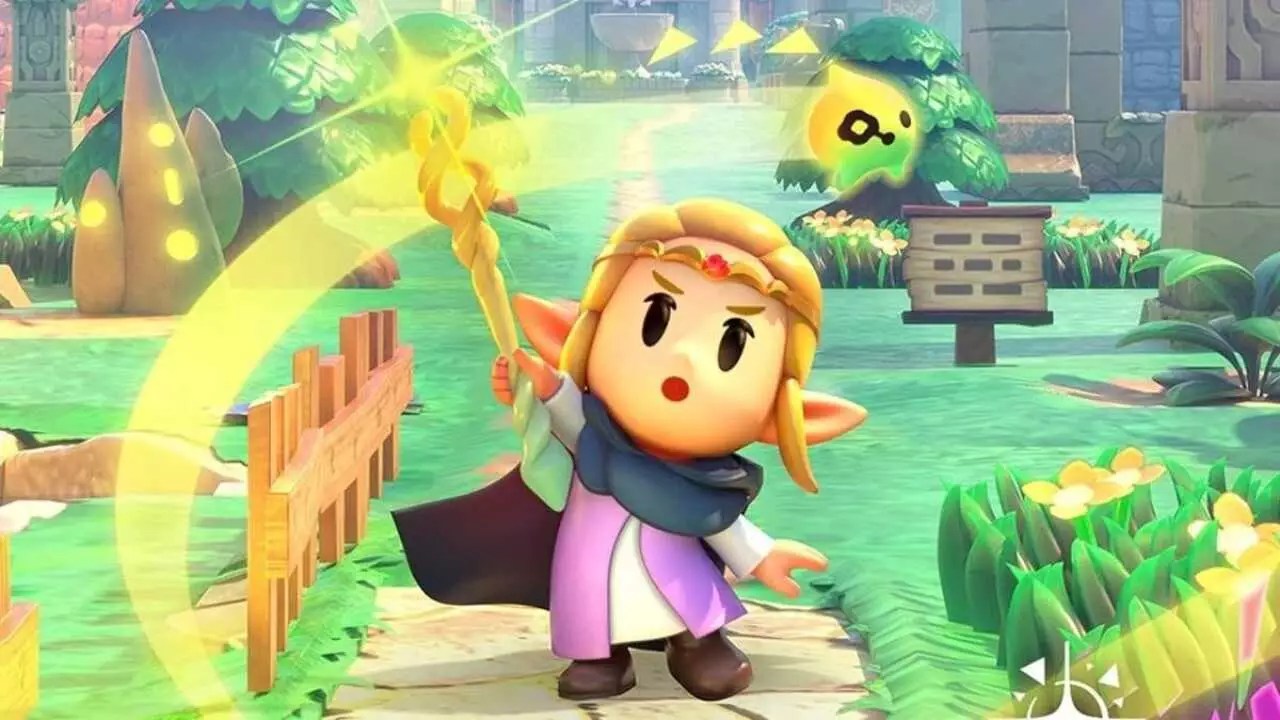The Legend of Zelda series has long been a subject of intense scrutiny and debate among fans, particularly concerning its convoluted timeline. With each new installment, players have been eager to place events within a coherent chronology. Recently, the addition of “Echoes of Wisdom” has drawn attention, as Nintendo officially categorizes it under the “Hero is defeated” timeline. This intriguing positioning suggests a fascinating narrative where the stakes are higher, outcomes darker, and the fate of Hyrule hangs in the balance.
In “Echoes of Wisdom,” players step into the shoes of Link as he embarks on a critical mission to rescue Princess Zelda. Her abduction by the villainous Ganon sets the stage for an epic struggle. The stakes escalate when Link emerges victorious, only to confront a chilling twist: he is swallowed by an ominous rift, leaving the kingdom of Hyrule in turmoil. As successive rifts continue to open, the implications of Link’s absence become dire—people vanish, including the king and his advisers. Now, it falls upon Princess Zelda not only to save her father but to restore harmony to Hyrule. This narrative not only deepens the lore but also reinforces a classic theme of sacrifice and heroism.
Link and the Timelines: The Enduring Impact of Outcomes
What’s particularly interesting about “Echoes of Wisdom” is its connection to the mythology established by “Ocarina of Time.” Here, the timeline’s foundation emerges from the “lose” outcome, where Ganondorf overcomes Link. This pivotal moment sets the stage for a separate continuity that deviates from the traditional heroic narrative. In contrast to the “Hero is Triumphant” branch featuring Link’s varied adventures—both as a child and adult—this new entry explores a darker realm of consequences and unresolved threats. It opens up possibilities for narrative exploration that contrast sharply with the more optimistic branches fans may be accustomed to.
One of the critical points raised by producer Eiji Aonuma is the relationship between gameplay and storytelling in the Zelda series. He suggests that while timelines are important, they do not dictate the development process. Fans often seek narrative clarity, yet the gameplay experience remains paramount. “Echoes of Wisdom” appears to be a testament to this philosophy, emphasizing immersive gameplay while situating it within a more significant narrative framework. This could indicate a shift where gameplay mechanics are prioritized, paving the way for innovative storytelling.
As we contemplate the latest developments in the Zelda timeline, particularly with the integration of “Echoes of Wisdom,” it becomes clear that Nintendo is preserving the series’ legacy while boldly advancing its narrative complexities. The darker themes and new character arcs promise to enrich the overall experience, yet the overarching challenge remains: how to balance elaborate storytelling with engaging gameplay. The debate surrounding this dynamic timeline will undoubtedly continue, fueling fans’ passion and speculation for future entries in this legendary series.


Leave a Reply